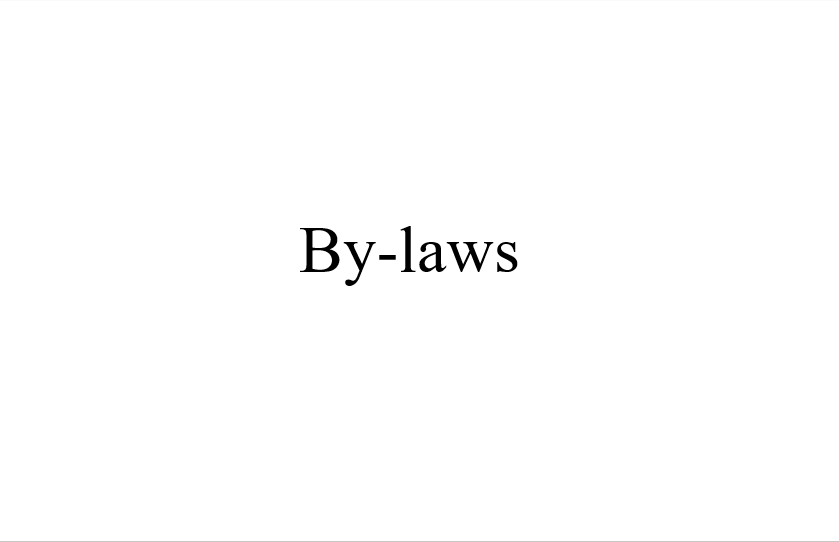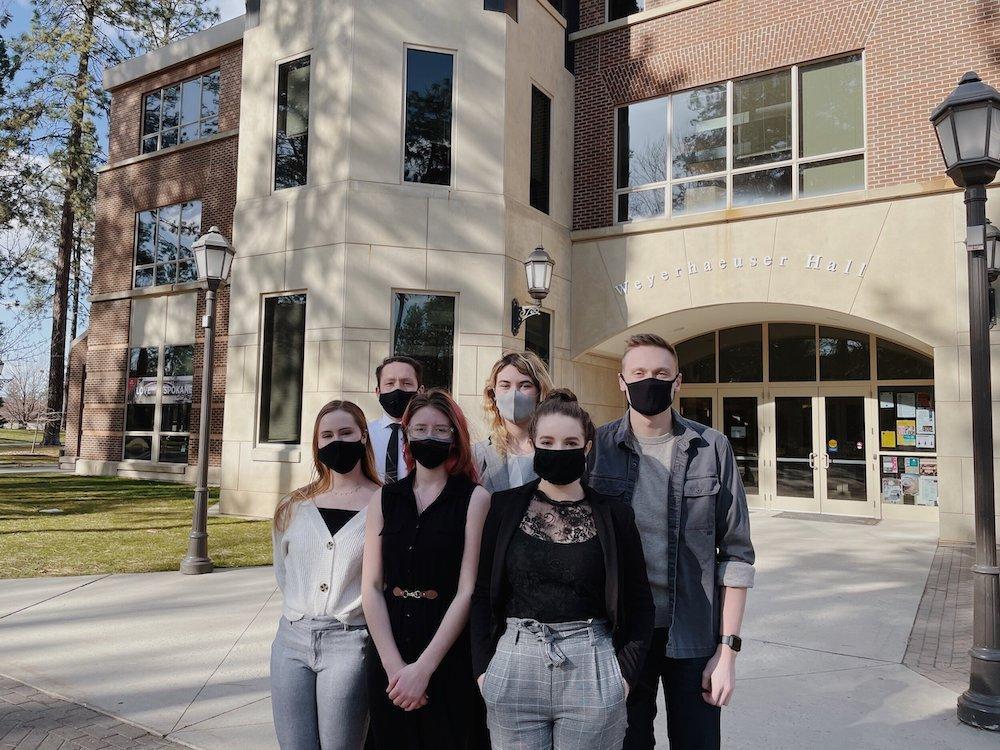
(The following article is satirical. I recognize that ASWU is doing important things for the community of students and this piece is in no way meant to belittle them.)
When an email came through on Wednesday night entitled “ASWU constitutional amendments,” I immediately disregarded it.
Scratch that. I scrolled through to the end of the voter’s guide to find the secret word and get the prize.
Then I disregarded it.
Little did I know, this unassuming “Voter’s Guide” contained one of the most important changes that Whitworth students would ever be given the pleasure of voting on—the hyphen debate.
Here’s the issue at stake: is it bylaw or by-law?
Hannah Higgins, vice president of ASWU, said that the issue was first brought to the table when the committee was voting on the changes. Someone asked why the title “bylaws” was spelled without a hyphen, while it was spelled with a hyphen when referenced in ASWU’s constitution.
This question was the start of a grammatical revolution.
“There was a lot of googling. Which was the correct way to spell it? How do different people use it? Do we go with hyphens or without?” said Jason Chapman, Director of Student Activities.
In the voters’ guide, the committee’s proposed changes are revealed. The change states that the universal spelling to the constitution document should be “bylaw,” as opposed to “by-law” or, as in the current case scenario, a mishmash of “bylaw” and “by-law” scattered throughout the document.
This is a change that the voter’s guide said shouldn’t be taken lightly. This debate must take into consideration the ethical, moral and financial obligations that ASWU has to the community. To understand the scope of the issue, we need to compare the definitions of bylaw/by-law and understand what works best for our community.
According to the Oxford dictionary, by-law is defined as “a rule made by a company or society to control the actions of its members”, while bylaw means “a rule made by a company or society to control the actions of its members.”
Clearly, this change has big consequences.
The reason ASWU decided on a universal spelling without the hyphen would cause any English major to quake in their shoes.
“Hyphens suck.” (Wording taken straight from voter’s guide.)
This is false. According to Emerye.com, hyphens serve an important purpose. Their main purpose in a sentence is to glue words together, to make things cohesive and united. However, the ASWU team wants to remove the hyphen glue that is holding their team together.
“The purpose of this change was to look at the constitution and see where it wasn’t working, and make sure that it was working well after,” said Parker Daniels, ASWU president.
The changes did pass, so from now on, any ASWU documents will strike the old-fashioned spelling containing a hyphen and put down the sleek, shiny “bylaws.”
In the end, this was a beneficial change, as unity across documents is important. According to Adams on Contract Drafting, since 2008, bylaws is the best way to spell the word. Apparently, “by-laws is dead.” Of course, it only took ASWU 13 years to catch up.
But I guess the prolonged use of the spelling “by-laws” is the cost of living behind the Pine Curtain.
Now that ASWU has finally caught up with the times: long live bylaws.













 Spokane?
Spokane?